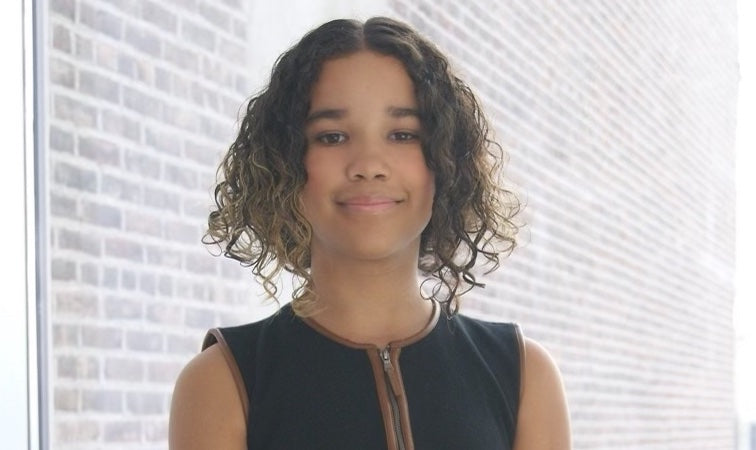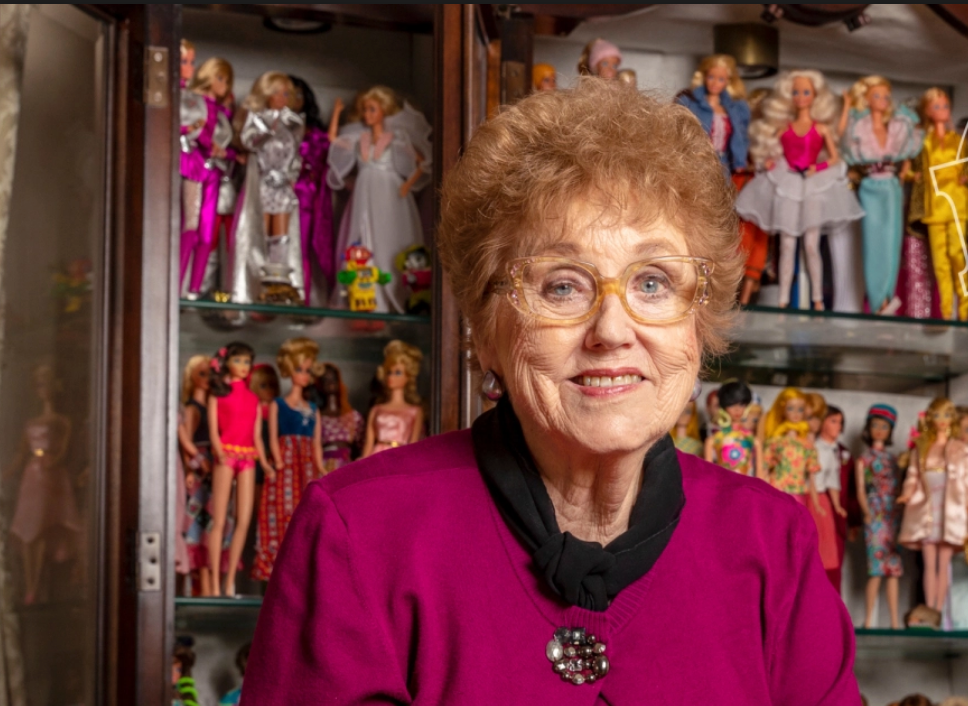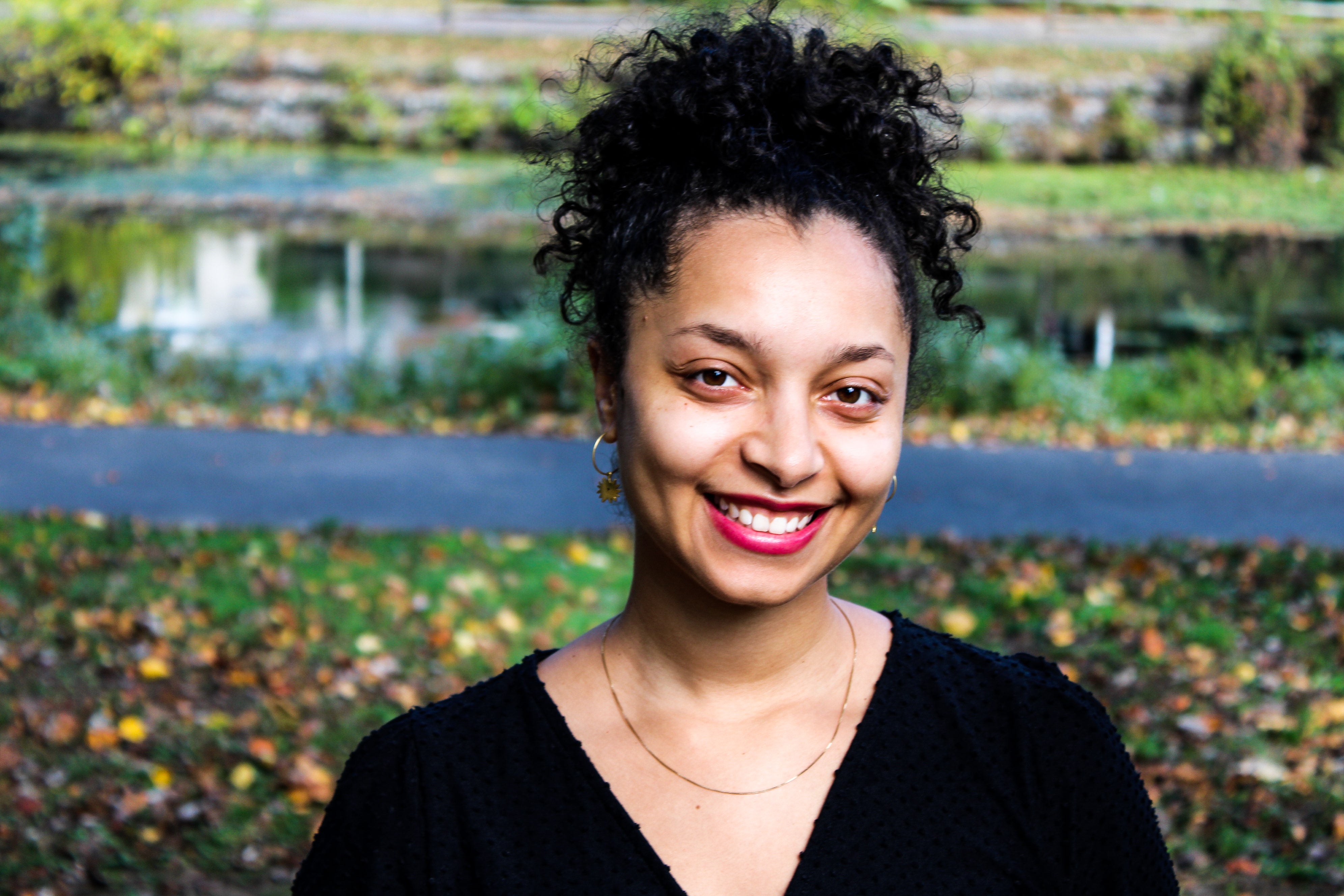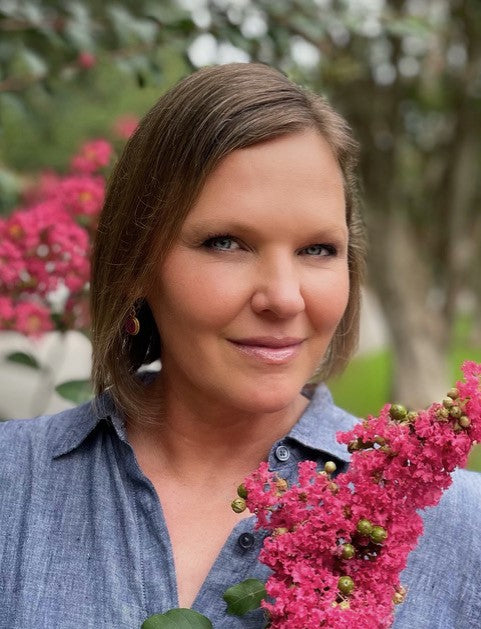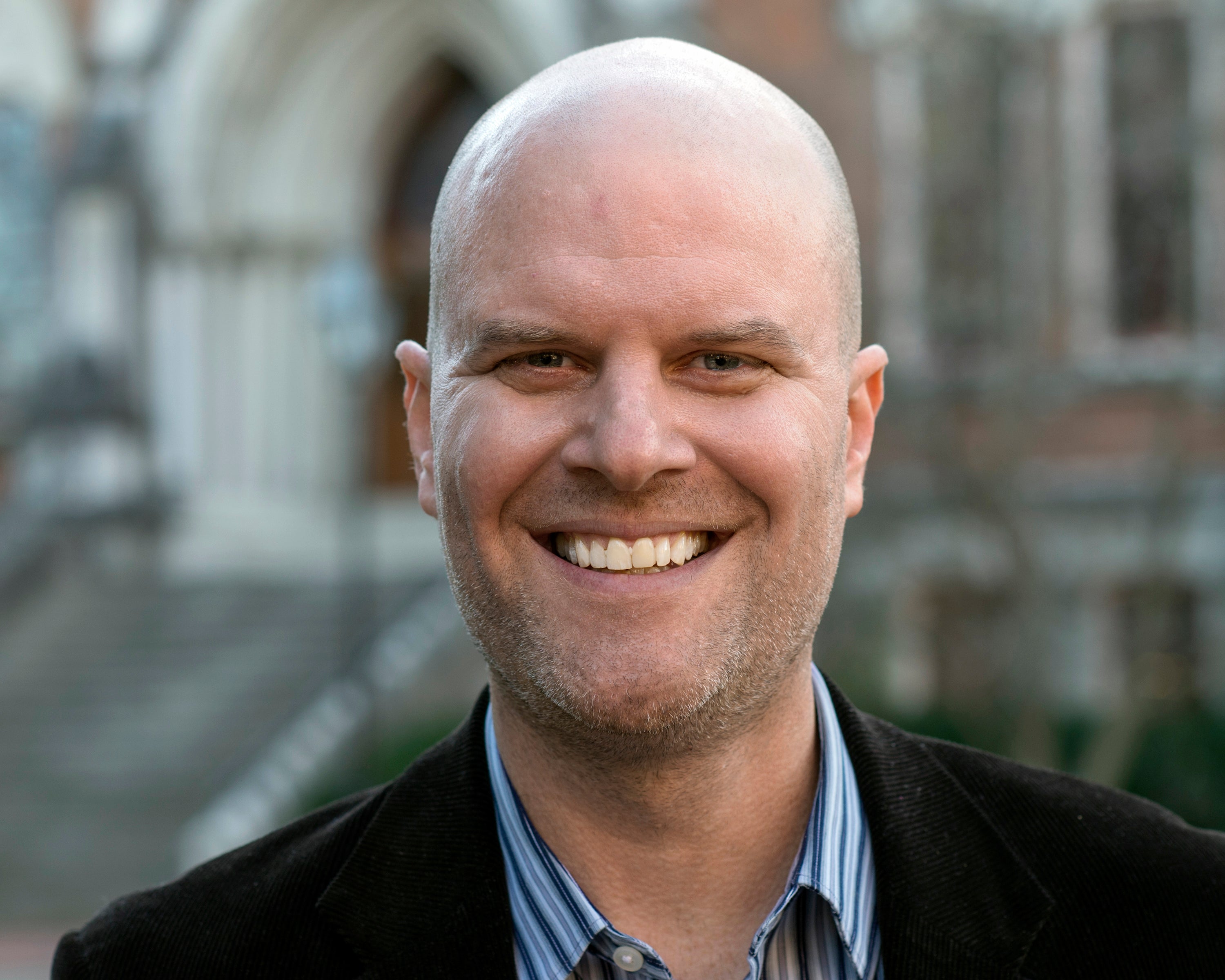Book: A Women is No Man

Photo Courtesy of etafrum.com
Author: Etaf Rum
Author Bio:
"Etaf Rum was born and raised in Brooklyn, New York, by Palestinian immigrants. She teaches college English literature in North Carolina, where she lives with her two children. She also runs the Instagram account @booksandbeans. A Woman Is No Man is her first novel." (Source:harpercollins.com)
1. Talk a little bit about your upbringing in New York, your Palestinian background, and how it has propelled you to become a storyteller?
I’m the eldest daughter of Palestinian immigrants, born and raised in Brooklyn, NY, and like my characters, books and storytelling are important to me—so, in a way, this novel is also a love letter to books and storytelling, to Palestinian women, and to Brooklyn.
My main character, Deya, who wants to be a storyteller, tries to understand her past through books and stories in an attempt to rewrite the limited narrative of her own life--- that is how I felt when writing this book.
2. What does it mean to you to be recognized as one of the leading voices for Arab-American women authors? Do you ever feel like the flag bearer for a larger movement?
I don’t ever think of myself as a flag bearer—my only priority is to make sure our voices as Arab-Americans are represented in literature, which means telling our stories in an authentic way, even if these stories are dark and controversial.
3. What do you want readers to take away from these women’s internal struggles?
I wanted to write a story about mothers and daughters and the intergenerational cycle of trauma and how it trickles down from one generation to the next in an immigrant household. I also wanted to show how the idea of the 'American Dream' is often sought out by immigrant families, but more specifically the breadwinners of these immigrant families, which are mostly men.
Women’s dreams are not really considered and I wanted to show that perspective in the novel—how do these women feel about the American Dream? How does emigrating to America affect them? Does it give them more freedom, as they hope? Does it make their lives better or worse? The answers to these questions are often disheartening.
4. Where did the powerful title of this book, “A Women is No Man” come from?
The title was inspired by a phrase I was told by my elders whenever you wished to make your own choices, rather than follow the societal guidelines for women—a woman is no man. I wanted to reclaim this misogynistic phrase and subvert the ideology by conveying to readers, especially those who grew up in similar circumstances, that women should not be prescribed to a certain way of living that men are exempt from. It’s a toxic belief system that I hope women can recognize and break free from.
5. The stories you tell in this book are usually stories that are supposed to be held in, what compelled you to tell such repressed stories now?
When I first started writing this book, I kept censoring myself out of fear of violating my community’s code of silence, making us “look bad,” and further confirming stereotypes, but that resulted in a story that was stilted and inauthentic.
The more I wrote, the more I understood my purpose, which was to speak on behalf of women who were experiencing injustices, women who often felt voiceless and unheard, and this meant I had to tell their stories, even if those stories were uncomfortable to tell.
6. What was your writing process like for this book?
Every day for one year, I wrote the novel for two hours before the start of my workday. By the summer of that year, I found an agent who helped me edit it before we sold it to HarperCollins. It was a very disciplined process and intense time, but I learned so much about myself as a writer in the process—which was needed since this book was the first thing I’ve ever written.
7. From your experience writing A Women is No Man, what’s one takeaway you could pass along, to the next aspiring author, to make the writing process easier for them?
Discipline yourself. Write every day. Give yourself deadlines (and meet them!)
8. What’s the best book you have read in the last year?
SADNESS IS A WHITE BIRD by Moriel Rothman-Zecher
THE MAP OF SALT AND STARS by Zeyn JouKhadar
9. Do you plan on writing more books in the future?
I’m working on a new novel, but it’s in the very early stages and I’m not really sure where it’s heading yet. Stay tuned!
Places To Find More From This Author:
Twitter: @EtafRum
Instagram: @etafrum
Website: www.etafrum.com
Get Your Copy of A Woman Is No Man Today!


